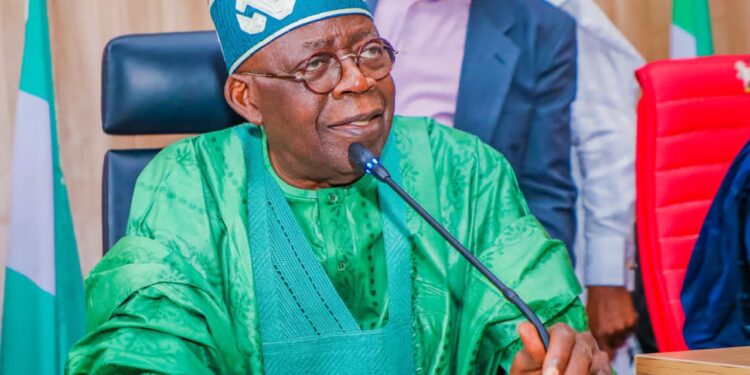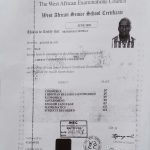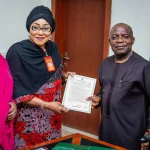From a newly approved $1.5 billion loan, the World Bank has given Nigeria $751.88 million.
Findings indicate that the money was paid out as part of the Development Policy Financing Program (DPF) initiative, Nigeria Reforms for Economic Stabilization to Enable Transformation (RESET).
This loan project is a portion of the larger $2.25 billion in reforms approved by the World Bank for Nigeria on June 13, 2024.
The $1.5 billion loan is made up of two distinct contracts between Nigeria and the World Bank: a $750 million credit from the International Development Association (IDA) and a $750 million loan from the International Bank for Reconstruction and Development (IBRD).
With an undisbursed balance of $748.13 million, the sum disbursed comprises the full $750 million from the IDA loan plus $1.88 million from the World Bank’s IBRD.
The planned DPF for Nigeria comprises of two tranches of a standalone operation intended to assist major changes in line with the government’s aims for economic recovery and stabilization.
The four main goals of this operation are broken down into two pillars: raising fiscal oil revenues from 1.8% of GDP in 2022 to 2.7% by 2025; increasing non-oil fiscal revenues from 5.3% to 7.3% during the same period; expanding social safety nets to help 67 million vulnerable Nigerians; and increasing the value of imported goods that were previously prohibited from going up from $11.3 million to $54.6 million by 2025.
The World Bank, which works with other important national stakeholders like the Central Bank of Nigeria (CBN) and the Ministry of Humanitarian Affairs and Poverty Alleviation (MHAPA) to monitor and assess the progress and impact of these reforms, is in charge of overseeing the Federal Ministry of Finance (MOF) as it carries out the implementation of these reforms.
Throughout the implementation phase, the World Bank will oversee and assist in order to guarantee that the operation’s objectives are fulfilled effectively and efficiently.
The loan’s finance agreement agreements state that in order for Nigeria to receive the full amount of money, it must fulfill several requirements.
The loan agreement documents that were acquired from the World Bank state that the requirements for both the IDA Credit and IBRD loan agreements are the same.
Nigeria has made headway thus far in a few areas, such as raising the price of fuel and starting to roll out cash transfer schemes.
Nonetheless, ongoing oversight and adherence to the agreed-upon measures will be carried out to guarantee Nigeria’s compliance to the loan terms.




